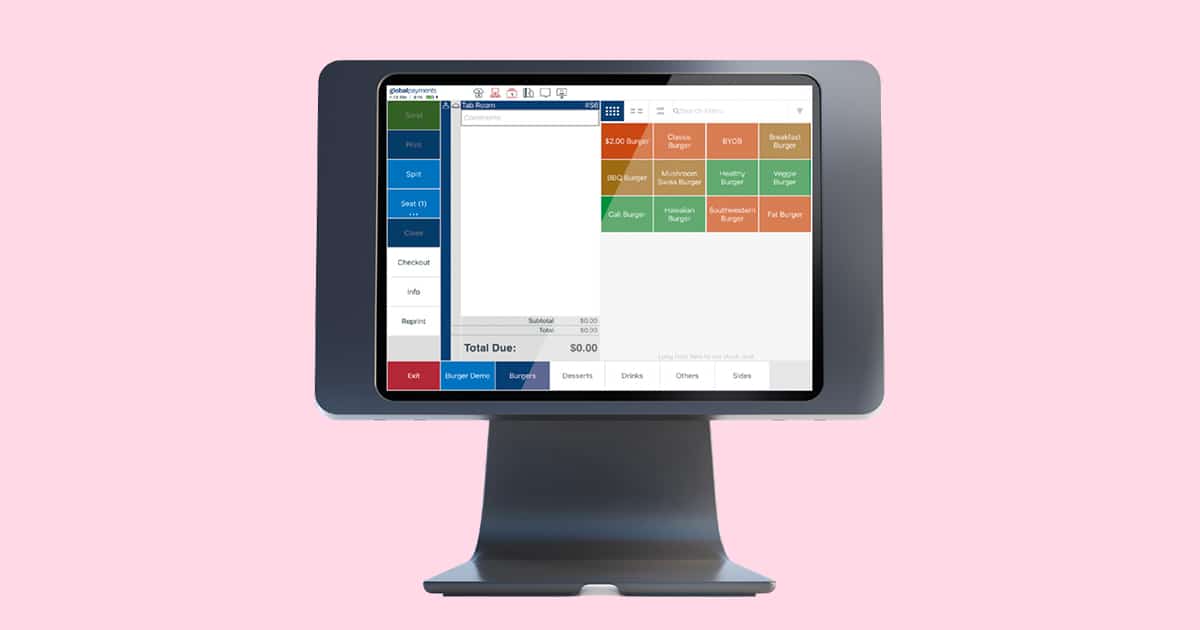Top Updates in POS Technology for the Year 2024

Within the current fast-paced merchandising and hospitality industries, the importance of a reliable point of sale system cannot be ignored. As businesses continue to evolve, the technologies that power them also evolve. POS systems have advanced significantly from the traditional tills we once depended upon. With advancements in cloud technology, mobile technology, and AI, modern POS systems are revolutionizing the way companies function, rendering them more effective and customer-centric.
Looking ahead to 2024, it's important for entrepreneurs to keep updated about the latest developments in POS systems. Comprehending how these systems work and the capabilities they provide can help you make better decisions that enhance the customer experience and simplify operations. Ranging from industry-specific solutions tailored for food service and retail to the incorporation of advanced safety protocols, this guide will examine the top trends shaping the prospects of POS solutions, ensuring your company is competitive in an ever-changing landscape.
Understanding POS Systems
A POS solution is a crucial technology employed by organizations to simplify payments and manage operations efficiently. It is fundamentally the point at which a customer makes a transaction for goods or services, and it merges hardware and software components to support this procedure. Modern Point of Sale solutions can monitor sales, control inventory, and produce reports, presenting business owners with understanding into their operations. Grasping what a Point of Sale solution entails can help businesses choose the appropriate solution that fits their unique needs.
Historically, POS systems started as straightforward cash registers that kept track of sales. However, the evolution of technology has changed these systems into advanced, cloud-based solutions that provide much more than transaction processing. Today's Point of Sale solutions enable companies to unify different capabilities, such as customer relationship management (CRM), stock control, and data analysis, all in one system. This change reflects the rising need for companies to adapt to changing consumer habits and market needs.
Selecting an appropriate POS system involves grasping the specific requirements of your industry. Regardless of whether you are operating a restaurant, retail store, or online store, having a Point of Sale solution customized to your operational needs can remarkably boost efficiency and customer experience. By investigating various choices and functionalities available, you can identify a solution that not just meets your current demands as well facilitates subsequent expansion and flexibility.
Selecting the Right POS Solution
Selecting the best POS system is important for enhancing your business processes and improving client satisfaction. Begin by analyzing your particular needs, including the scope of your company, the industry you function in, and your budget. Distinct industries often necessitate specialized features, so explore solutions tailored to your industry, whether it's shopping, service, or digital commerce. Identifying your criteria will help filter the choices accessible.
When you have a clear grasp of your needs, assess potential POS systems based on their features and attributes. Seek out systems that offer key features like inventory management, customer relationship management integration, and strong reporting tools. Additionally, factor in user-friendliness and the amount of help provided by the supplier, as these elements can greatly affect your staff’s productivity and operations.
Finally, make use of free trials or demos to try out the systems in live scenarios. Involving your team in the decision-making process can offer valuable insights into usability and efficiency. A direct strategy allows you to assess how well the solution integrates to your processes and checks it fulfills your expectations before making a commitment.
Maintaining and Fortifying Your POS System

To ensure your POS system functions efficiently, regular maintenance is essential. Frequently scheduled updates include both application and physical checks, which can aid prevent system failures. Restaurant POS to observe system performance and resolve any irregularities quickly to deter disruptions during peak business hours. Updating your system updated will also confirm you’re utilizing the most recent features and safety patches available.
Protection is a primary priority for POS systems, mainly due to the sensitive customer data they manage. Utilizing strong passwords, data encryption, and two-factor authentication can enhance security and protect against unauthorized access. Additionally, it’s vital to prepare your employees on optimal security practices, such as recognizing phishing attempts and avoiding unsafe networks when accessing the POS system.
Finally, staying within regulations with industry standards like PCI compliance is necessary for shielding your business and customer information. Regular compliance audits should be conducted, and the staff must be educated on any modifications in regulations or policies. By cultivating a culture of security awareness and upholding your POS system effectively, you can ensure a secure and efficient operation for your business.
